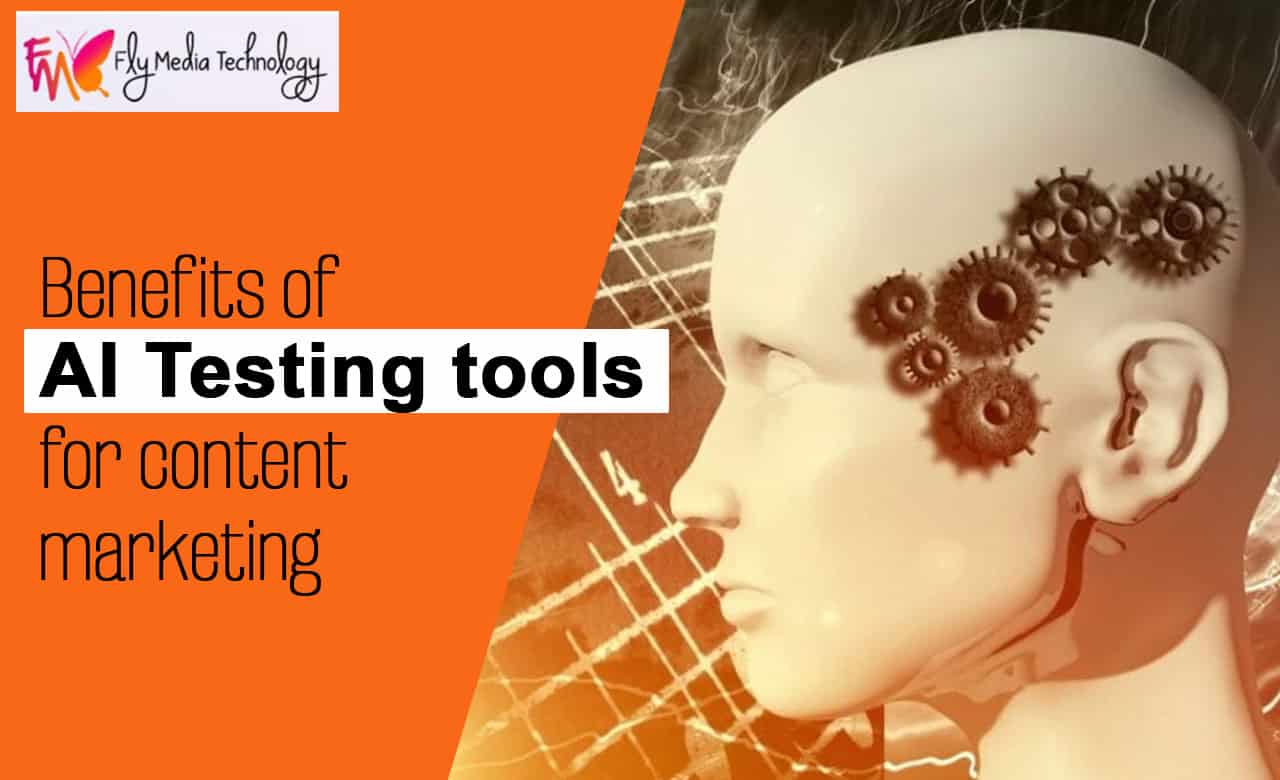![]()
Nowadays, people use different artificial intelligence tools to enhance the quality of the content.
The computer science discipline of artificial intelligence aims to build machines that can carry out tasks that generally call for human intelligence. Among these are skills like problem-solving, learning from experience, identifying patterns, and comprehending natural language.
What is the definition of the AI testing tools?
Software applications called artificial intelligence testing tools are made to measure and appraise the effectiveness, dependability and caliber of AI systems and applications. These tools, which include machine learning models, computer vision algorithms and natural language processing systems, are specially designed to handle the unique problems that arise from AI technology.
What are the objectives of AI tools?
There are several objectives for the AI tools, and these tools are as follows:
- Functional testing: Verifying that the AI system operates by the defined applicable requirements and acts as anticipated. Verifying the system’s answers entails evaluating a range of scenarios and inputs.
- Performance testing: Evaluating an AI model and algorithm’s speed, scalability, and resource usage in various scenarios. System performance is improved, and bottlenecks are found with the use of performance testing.
- Testing accuracy: Testing for accuracy involves confirming the precision and dependability of AI judgements, classifications, and forecasts. Assessing the system’s accuracy entails comparing its outputs to expected or ground truth outcomes.
- Robustness testing: Testing for robustness involves determining how resistant AI systems are to outside influences, noise, and hostile attacks. Robustness testing aids in locating flaws and vulnerabilities that can result in security breaches or system failures.
- Bias testing: Identifying and reducing bias in AI models to guarantee just and equitable results for all racial and ethnic groupings. To find and fix biases, bias testing includes examining the model outputs, the training data, and the decision-making procedures.
- Ethical testing: Ethical testing involves evaluating AI systems’ moral implications and ensuring moral standards and laws are followed. Ethical testing includes assessing the possible effects.
- Regression testing: Testing for unintentional regressions or alterations in an AI system’s behavior following updates or revisions is known as regression testing. Over time, regression testing contributes to the stability and dependability of the system.
Artificial intelligence’s effects on our content marketing plan
Several ways impact content marketing. These AI tools follow the Google trends for SEO and Content marketing. There are the best companies for Content Marketing in Ludhiana.
- Better keyword research and analysis: Artificial intelligence not only finds pertinent keywords, long tail phrases, and new search trends, but it also enables us to comprehend user intent and search trends more deeply.
- Creating excellent first draft content to expand publication efforts: AI enables us to produce first drafts quickly, giving our writers a great place to start. With more time, they can now concentrate on enhancing and personalizing the material.
- Hiring an editorial staff and writers with AI assistance: AI-assisted writers, who collaborate closely with AI-powered tools to expedite content development, were brought in to speed things up. We can now combine the best aspects of human and artificial intelligence to create emotionally and AI-driven content.
- More efficient content distribution and optimization at scale: AI has simplified content distribution for us, allowing for more effective optimization and distribution of material at scale. It has become simpler to adapt information for various platforms and reach a larger audience through email or social media.
In this digital world, people use digital marketing to promote their business. Contact the best digital marketing in Punjab, Flymedia Technology.





